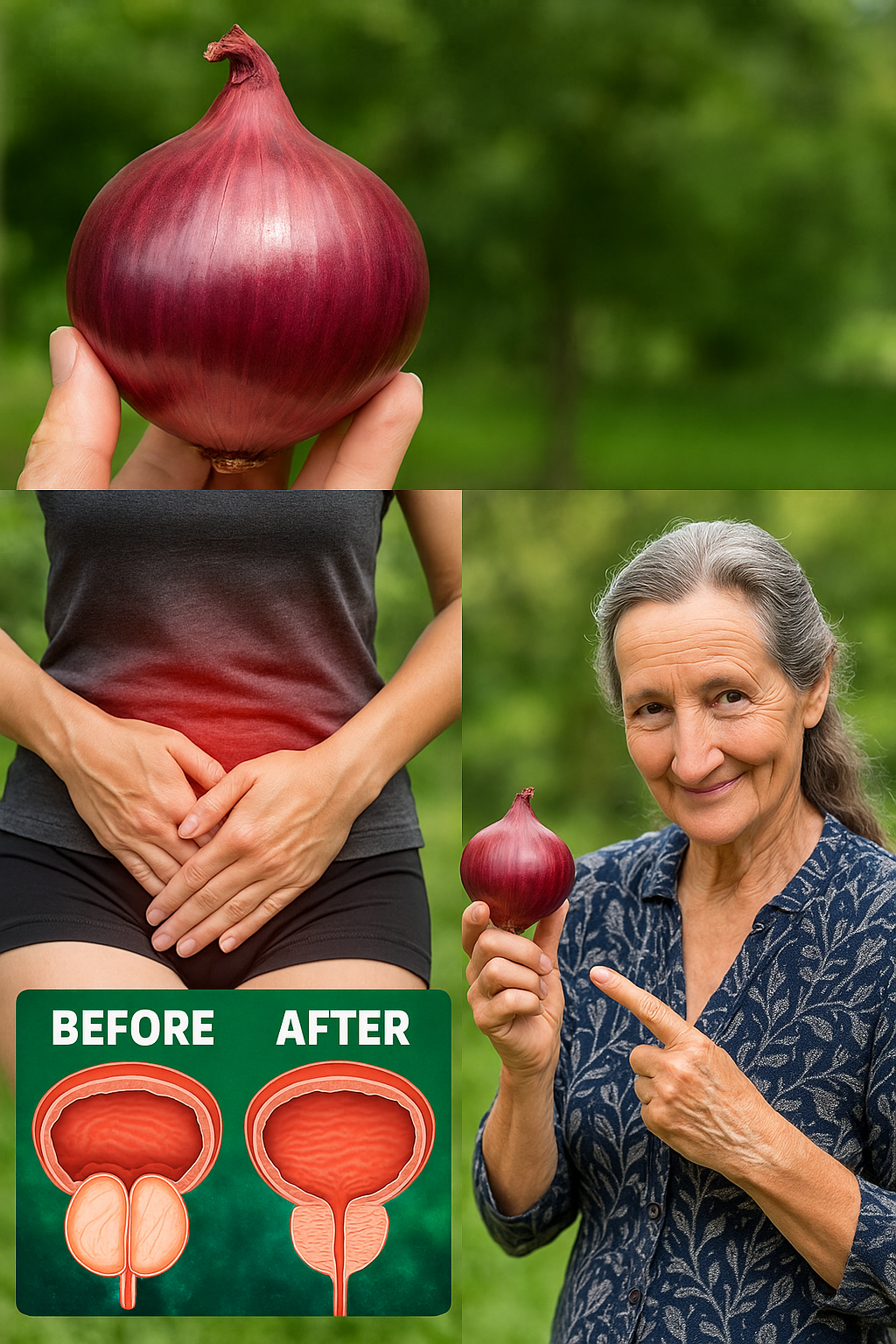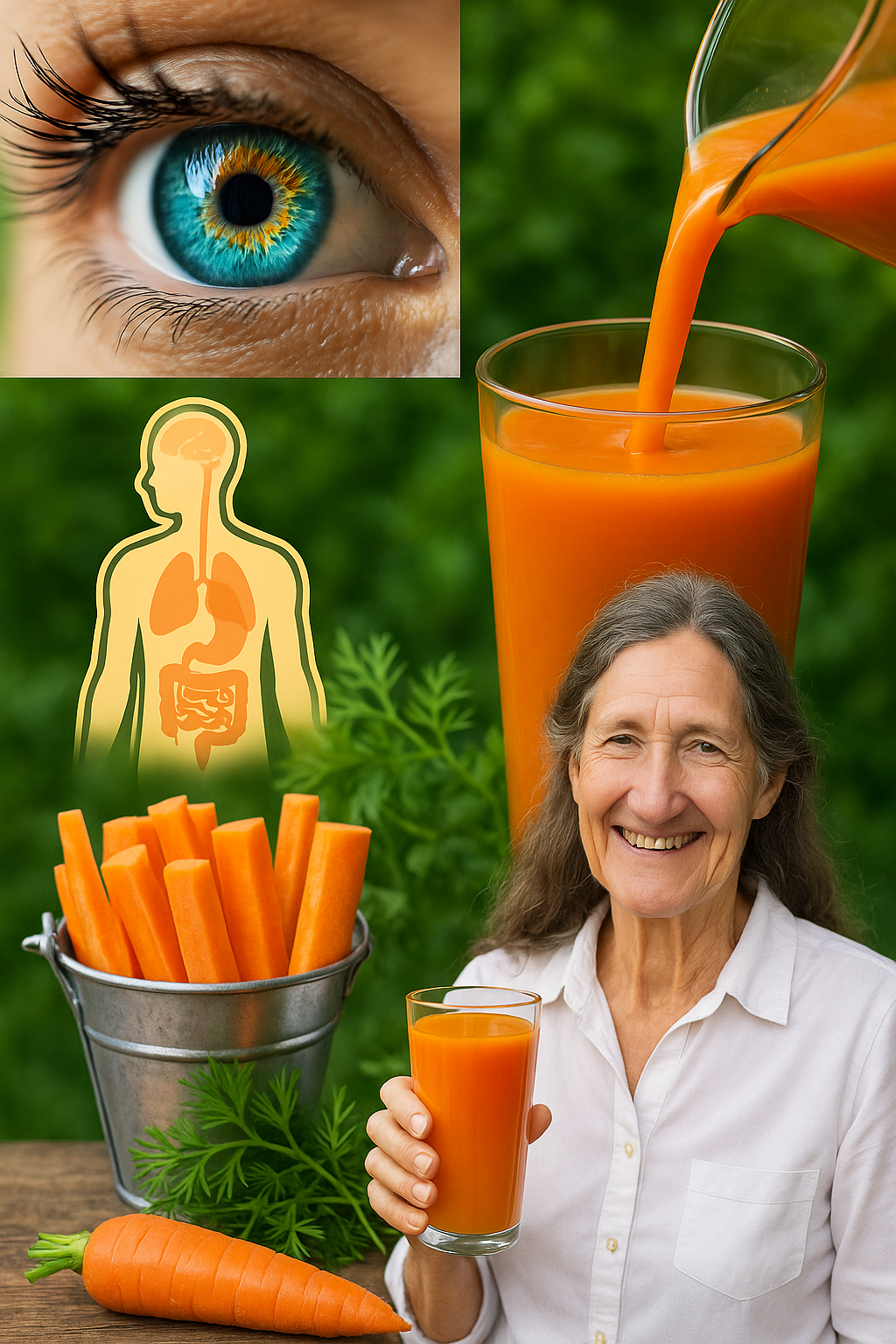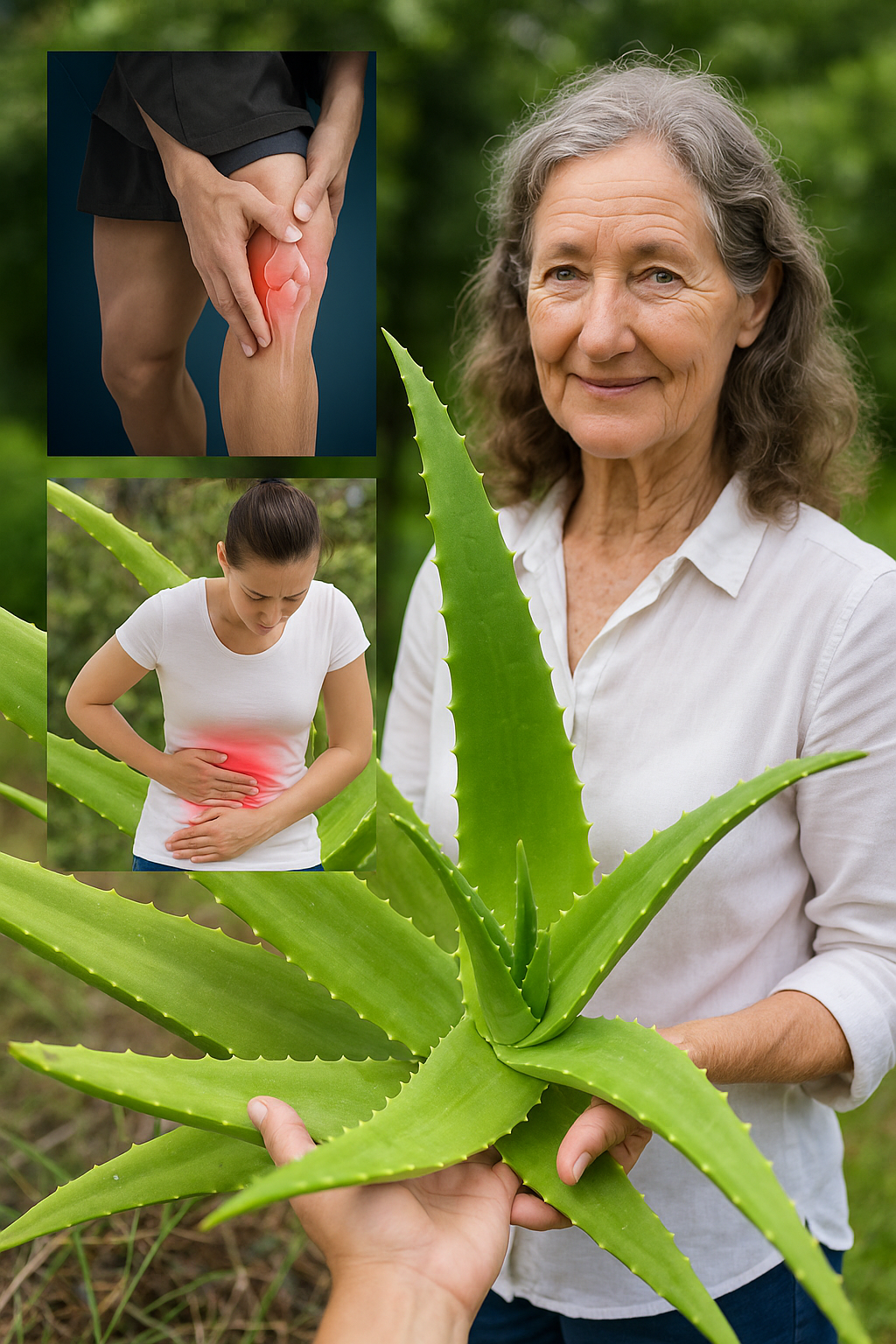You’ve eaten the sweet kernels, but what happens next? If you’re like most people, the cob goes straight into the trash. But here’s the truth: corn cobs are far more than kitchen scraps — they’re a hidden source of nourishment, healing, and even home wellness.
🌽 While they may seem tough and useless, corn cobs are rich in fiber, plant compounds, and trace minerals that can benefit your digestion, calm your stomach, and even freshen your home. With just a little effort, you can transform this often-discarded part of the corn into tea, soup, or a natural detoxifier.
Here’s how to unlock the full potential of corn cobs — starting with the six biggest benefits.
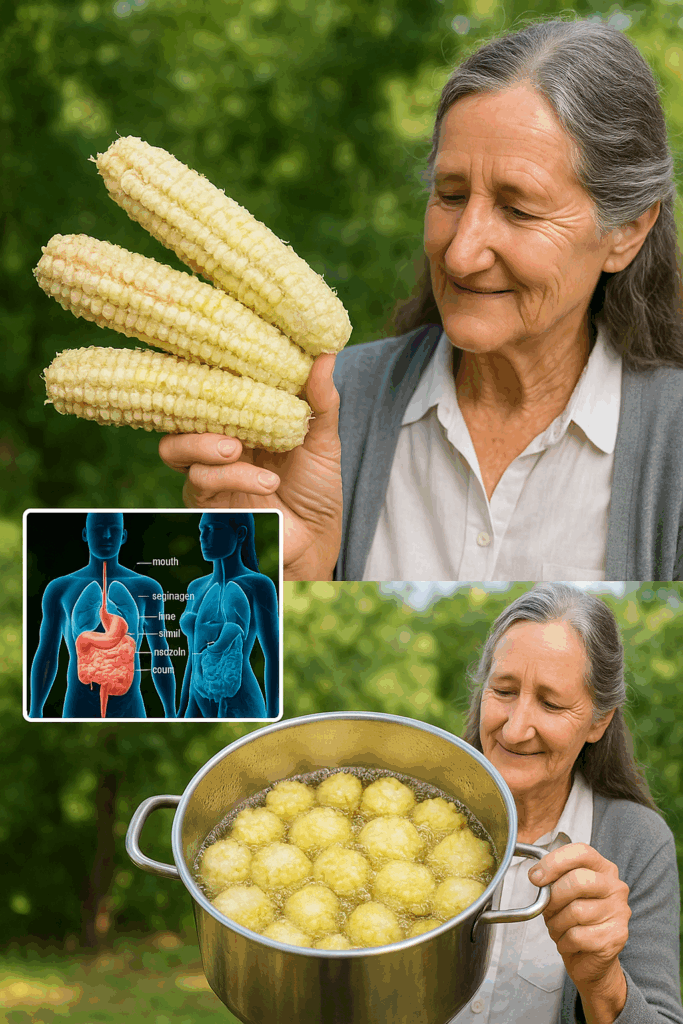
🍵 Top 6 Health Benefits of Corn Cobs
🌿 1. Supports Digestive Health
Corn cobs contain insoluble fiber, which passes through your system and acts like a broom for your intestines — helping to keep you regular and reduce constipation naturally.
💧 2. Promotes Natural Detox and Kidney Support
Corn cob tea is gently diuretic, encouraging the body to flush out excess water, reduce bloating, and support kidney and liver detoxification.
😌 3. Soothes an Irritated Stomach
Warm corn cob tea is known in traditional remedies for calming upset digestion, especially during the summer or after eating heavy or spicy meals.
🦷 4. Encourages Better Oral Hygiene
The mild antibacterial properties released from corn cobs during boiling may help reduce gum inflammation. A gentle rinse can refresh the mouth and support healthier gums.
🌡️ 5. Helps Cool the Body During Heatwaves
Cold corn cob tea is hydrating and naturally cooling, making it a smart, simple way to beat the heat and protect the body from summer stress.
🫁 6. Offers Antioxidant and Respiratory Support
The compounds in boiled corn cobs may help reduce mild inflammation and support the lungs — making it a gentle aid for breathing and immune strength.
Now that you know how powerful these overlooked parts are, let’s dive into two nourishing recipes that are as practical as they are healing.
🍯 Recipe 1: Corn Cob Tea (For Gut, Kidney, and Heat Relief)
A golden, gently sweet drink you can enjoy hot or chilled.
Ingredients
– 2–3 clean corn cobs (kernels removed)
– 1.5–2 liters of water
– Optional: honey, ginger, or mint
Instructions
- Rinse the corn cobs thoroughly.
- Chop them into smaller pieces for better nutrient extraction.
- Boil in water for 30 minutes on low heat.
- Let it cool slightly, then strain.
- Enjoy warm or refrigerate for a cooling summer tea.
Tip: Add a slice of ginger for digestion or a sprig of mint for extra refreshment.
🍲 Recipe 2: Healing Corn Cob Soup (Comfort for the Whole Body)
Soothing, nourishing, and rich in plant sweetness — perfect for recovery and gut comfort.
Ingredients
– 3 corn cobs (kernels removed and saved)
– Corn kernels from those cobs
– 1 small slice of ginger
– 2 liters water
– 4–5 soaked shiitake mushrooms (optional for umami)
– 2 eggs
– 1 tablespoon cornstarch (for thickening)
– Salt and pepper
– Chopped green onions
Instructions
- Simmer cobs and ginger in water for 10–15 minutes to extract nutrients.
- Add mushrooms and cook another 10 minutes.
- Add corn kernels and simmer until tender.
- Stir in beaten eggs slowly while stirring the soup.
- Mix cornstarch with water and add for gentle thickening.
- Season with salt, pepper, and green onions. Serve hot.
✅ Bonus Tip: Use Dried Corn Cobs to Freshen Indoor Air
Corn cobs don’t just support your health — they can also purify your environment. Dried corn cobs naturally absorb pollutants like formaldehyde from new furniture or paint.
How to Use
– Let clean corn cobs dry fully under the sun.
– Place them in open bowls in living areas or newly renovated rooms.
– Replace every 1–2 weeks for continued freshness.
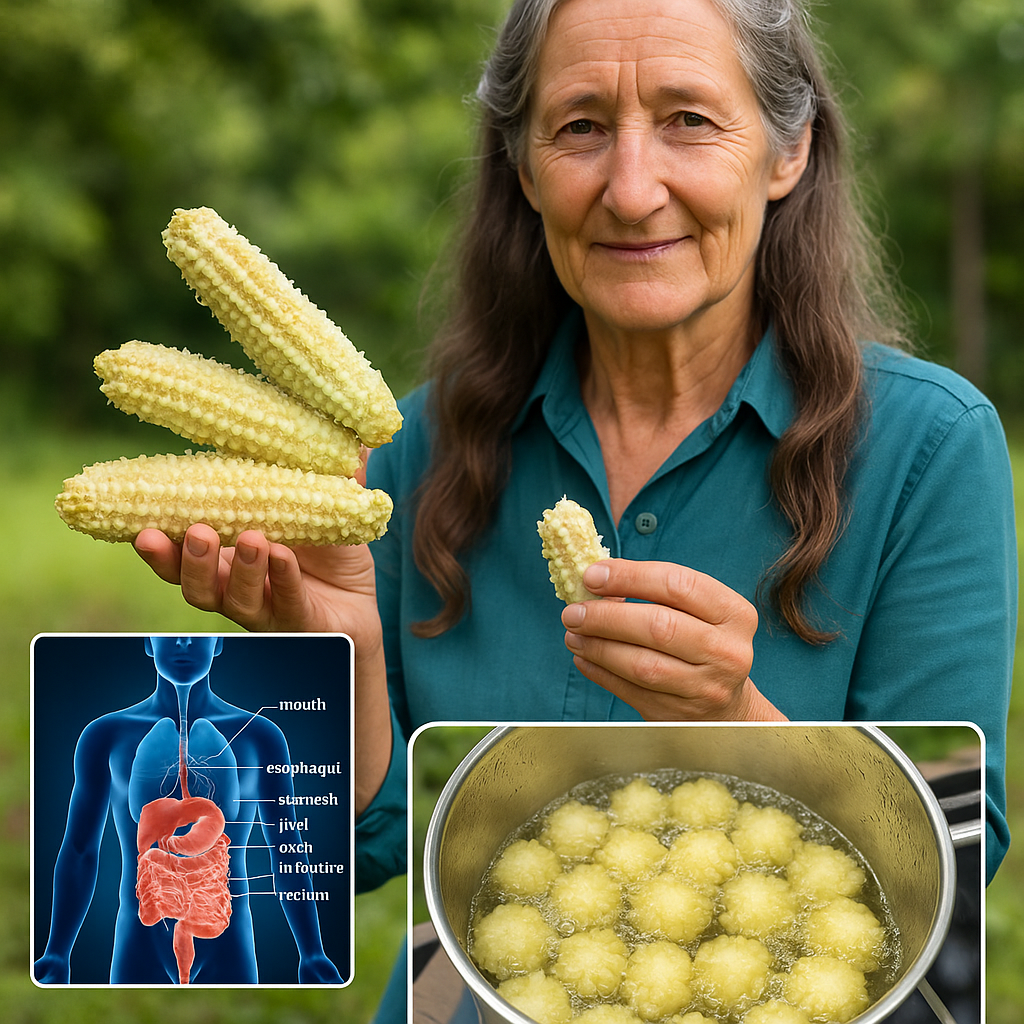
🌿 Final Thoughts: Small Scraps, Big Healing
Corn cobs might seem like waste, but they’re actually a nutritional powerhouse hiding in plain sight. By turning them into tea, soup, or detox aids, you reduce kitchen waste, save money, and support your body naturally.
From gut relief to hydration and cleaner air — this humble part of the corn plant has much to offer.
⚠️ Safety Note
If you have a corn allergy or are on a restricted diet, consult your doctor before trying corn cob remedies. Always use organic or well-washed cobs to avoid pesticide exposure.
So next time you finish your corn, think twice before tossing the cob — it may be the most valuable part of the plant.
